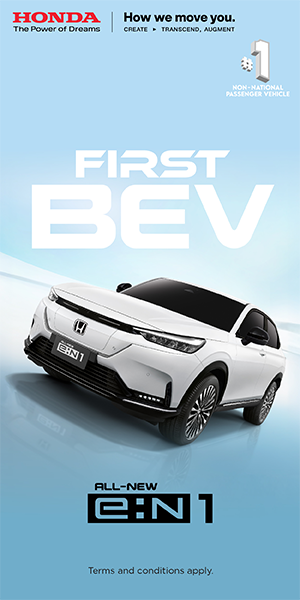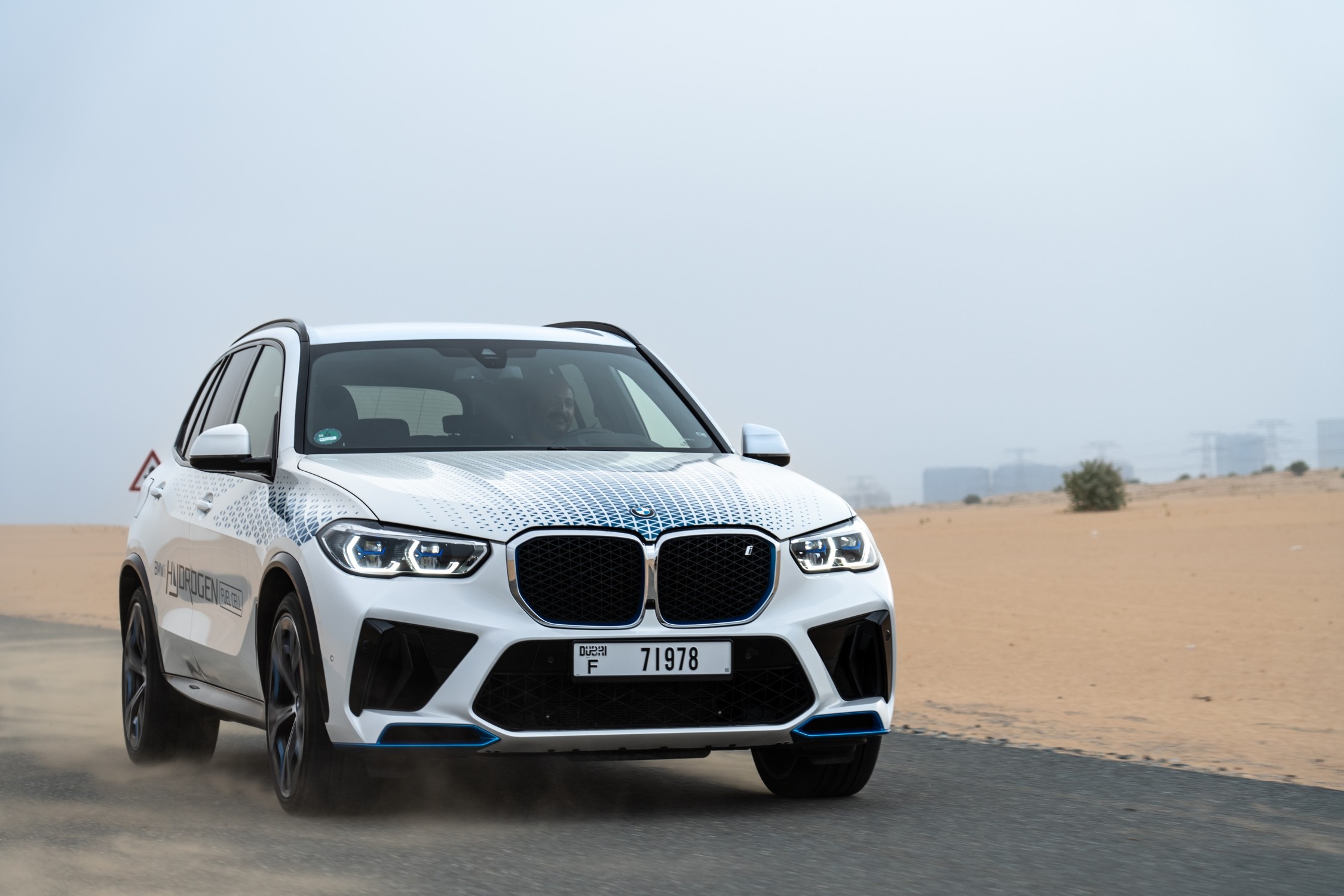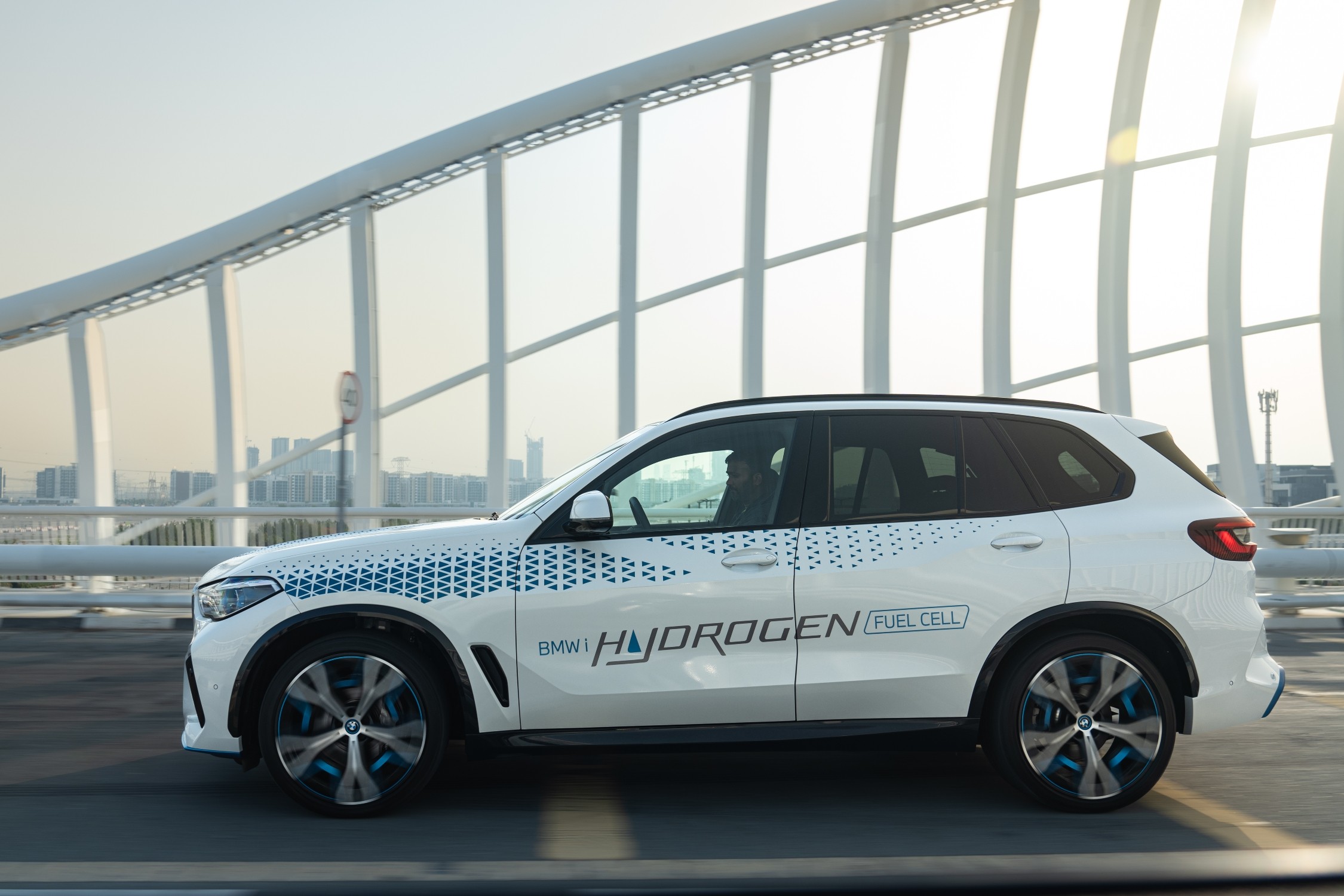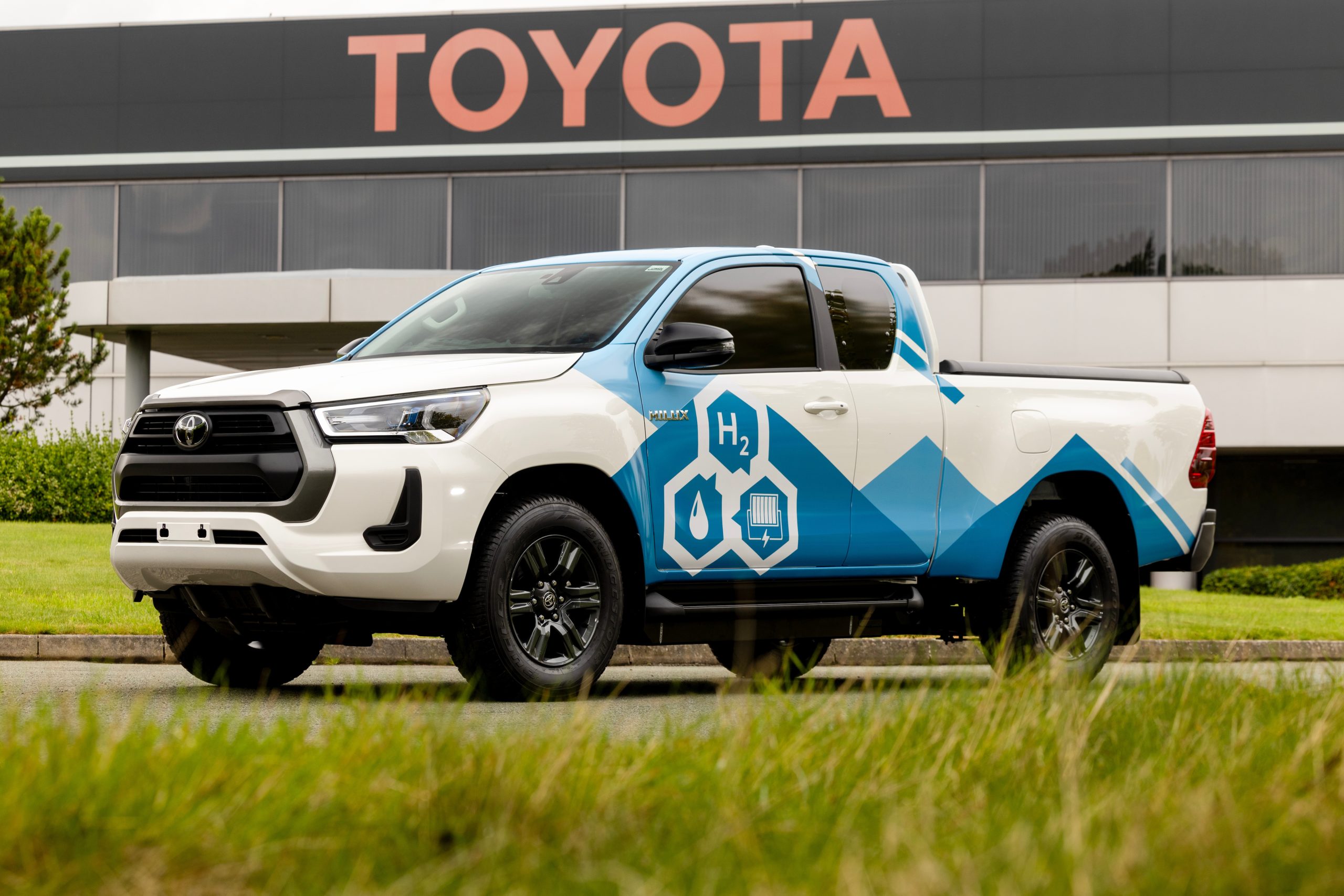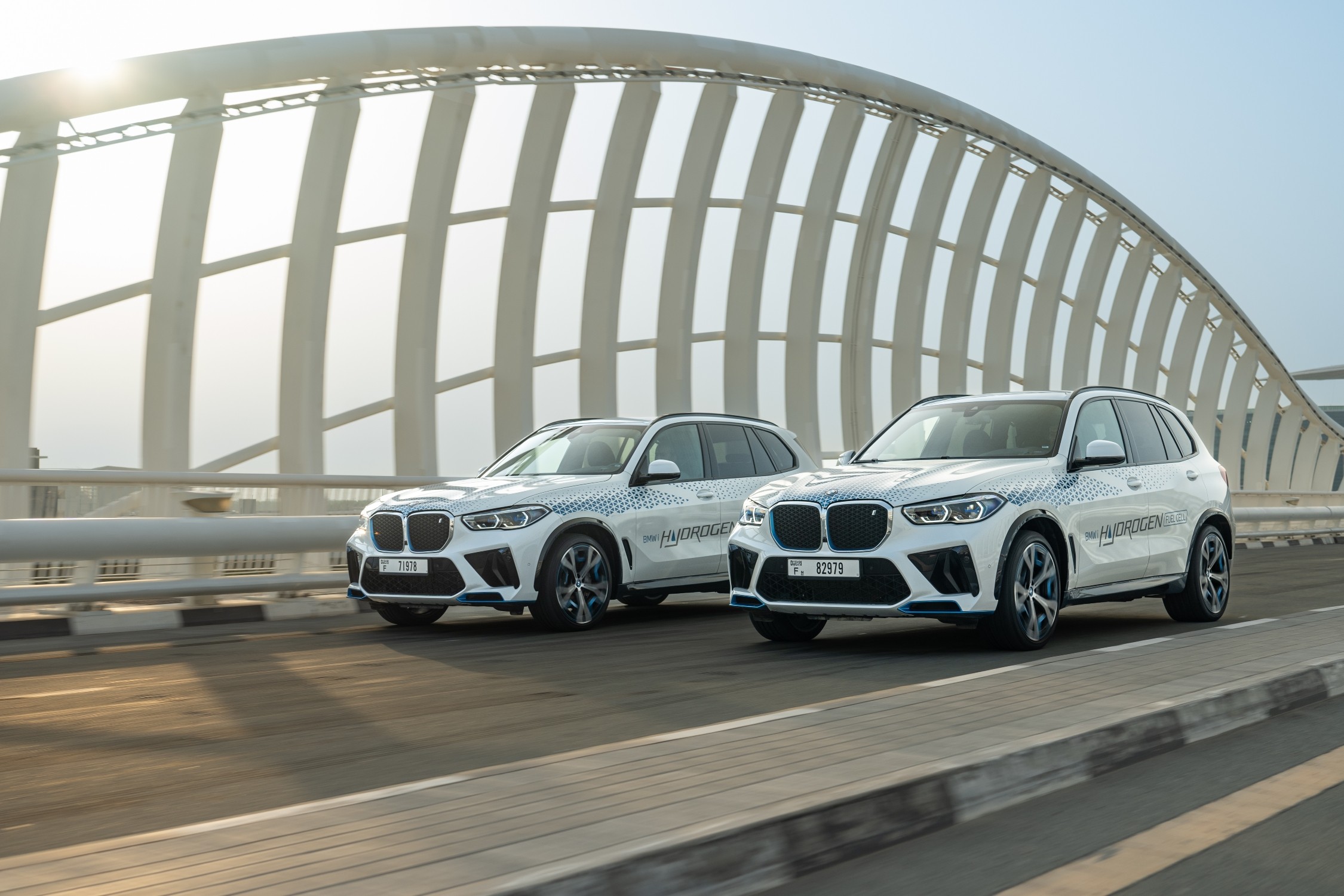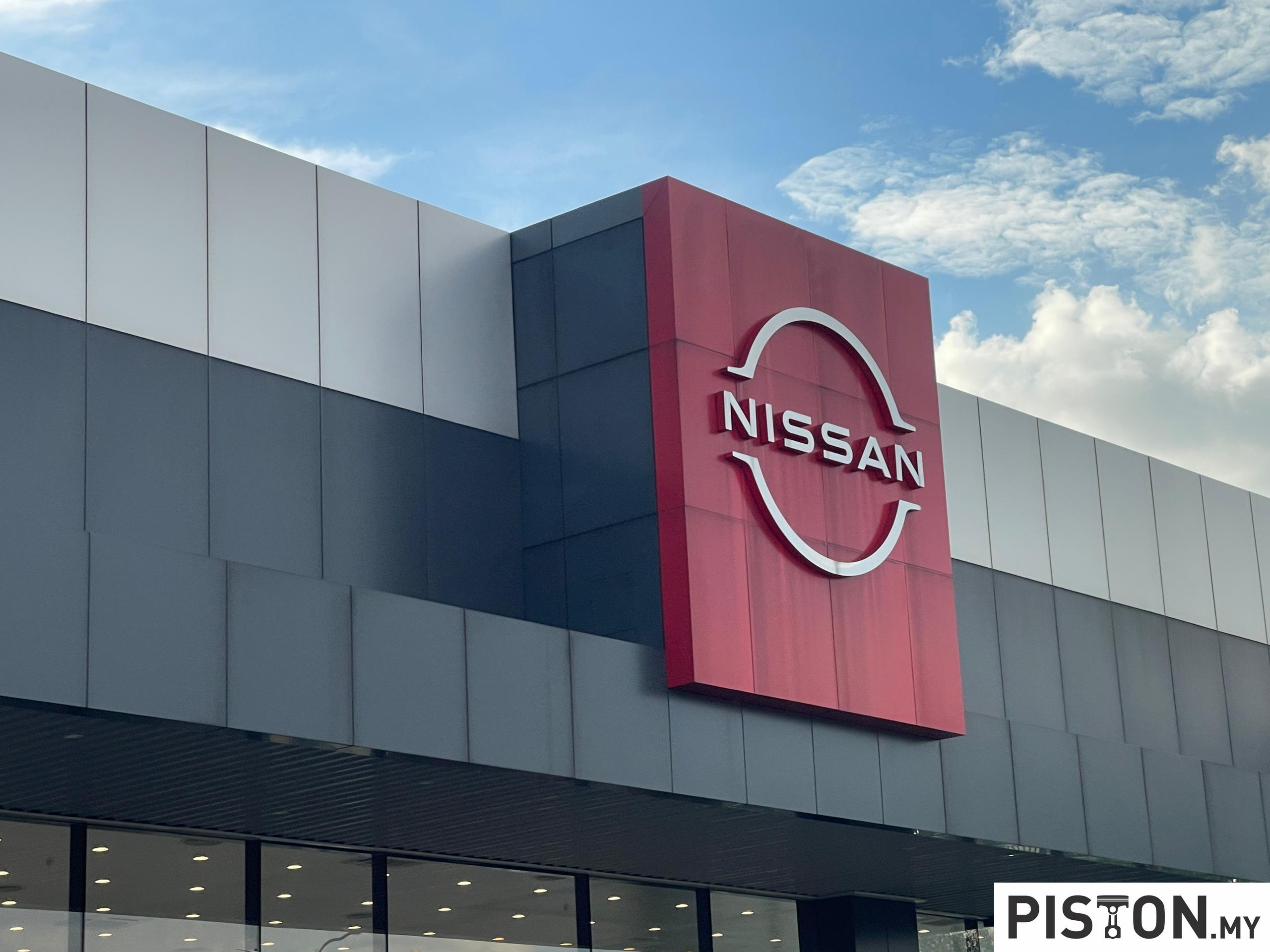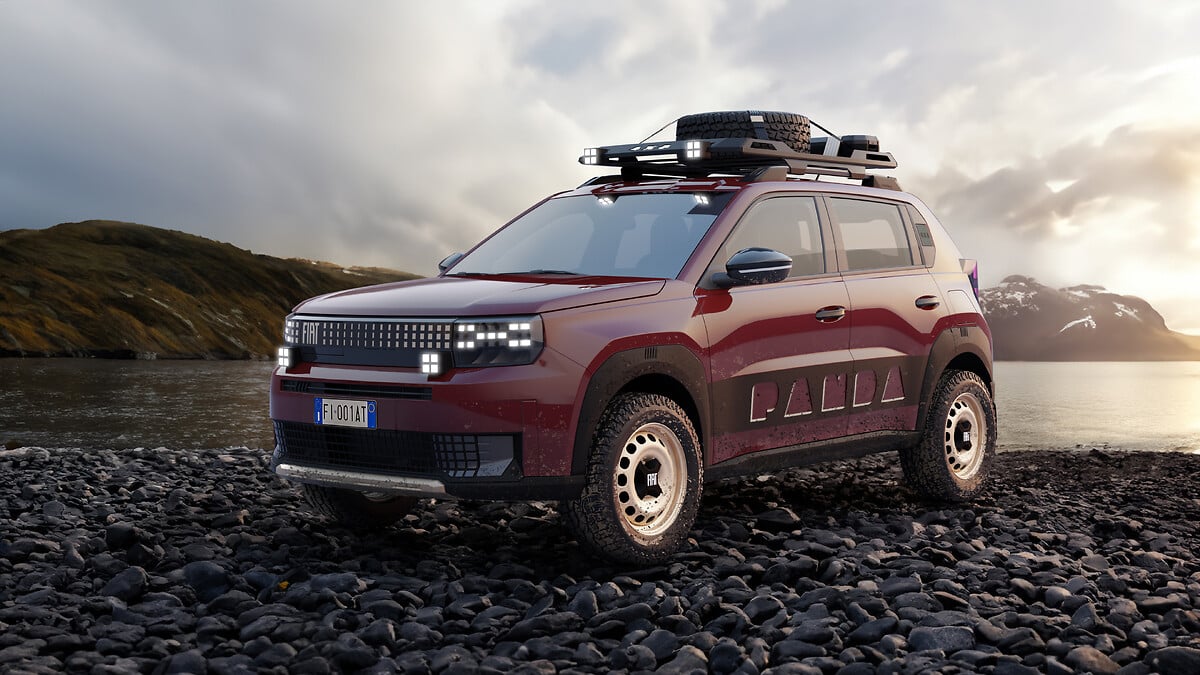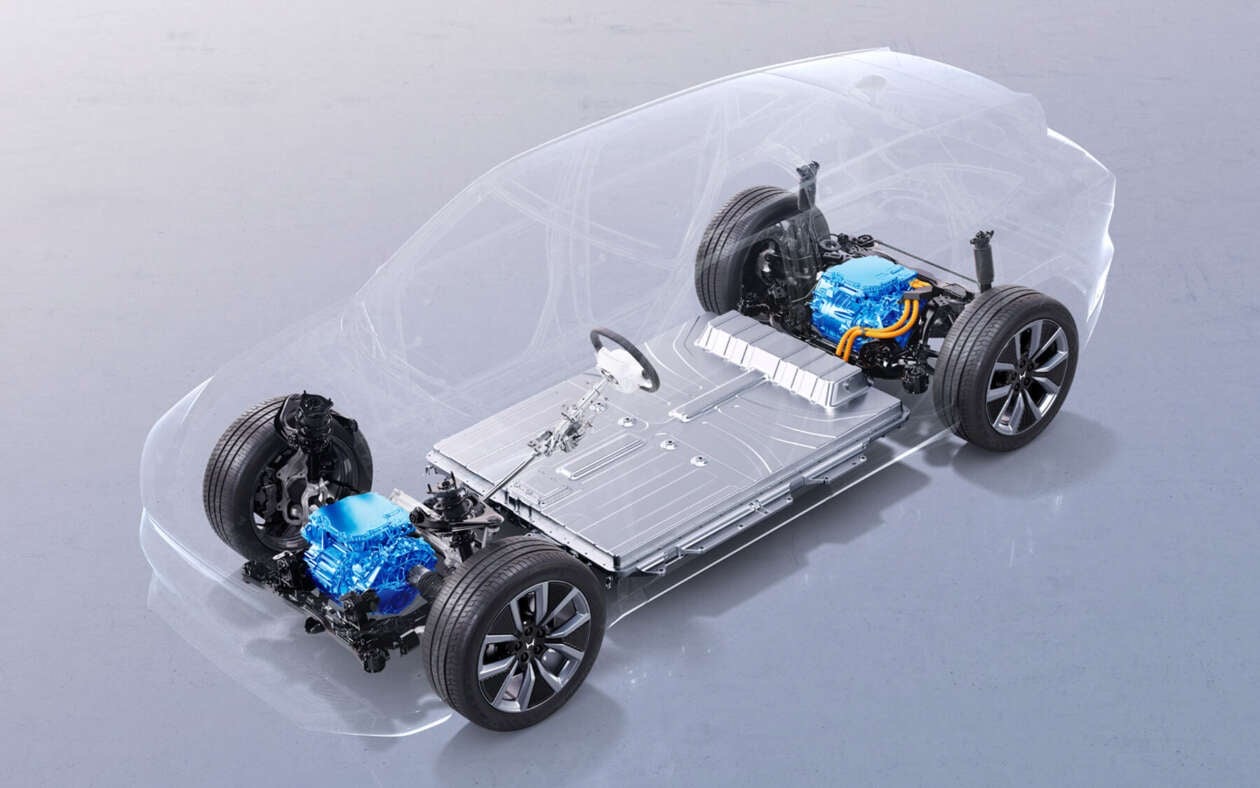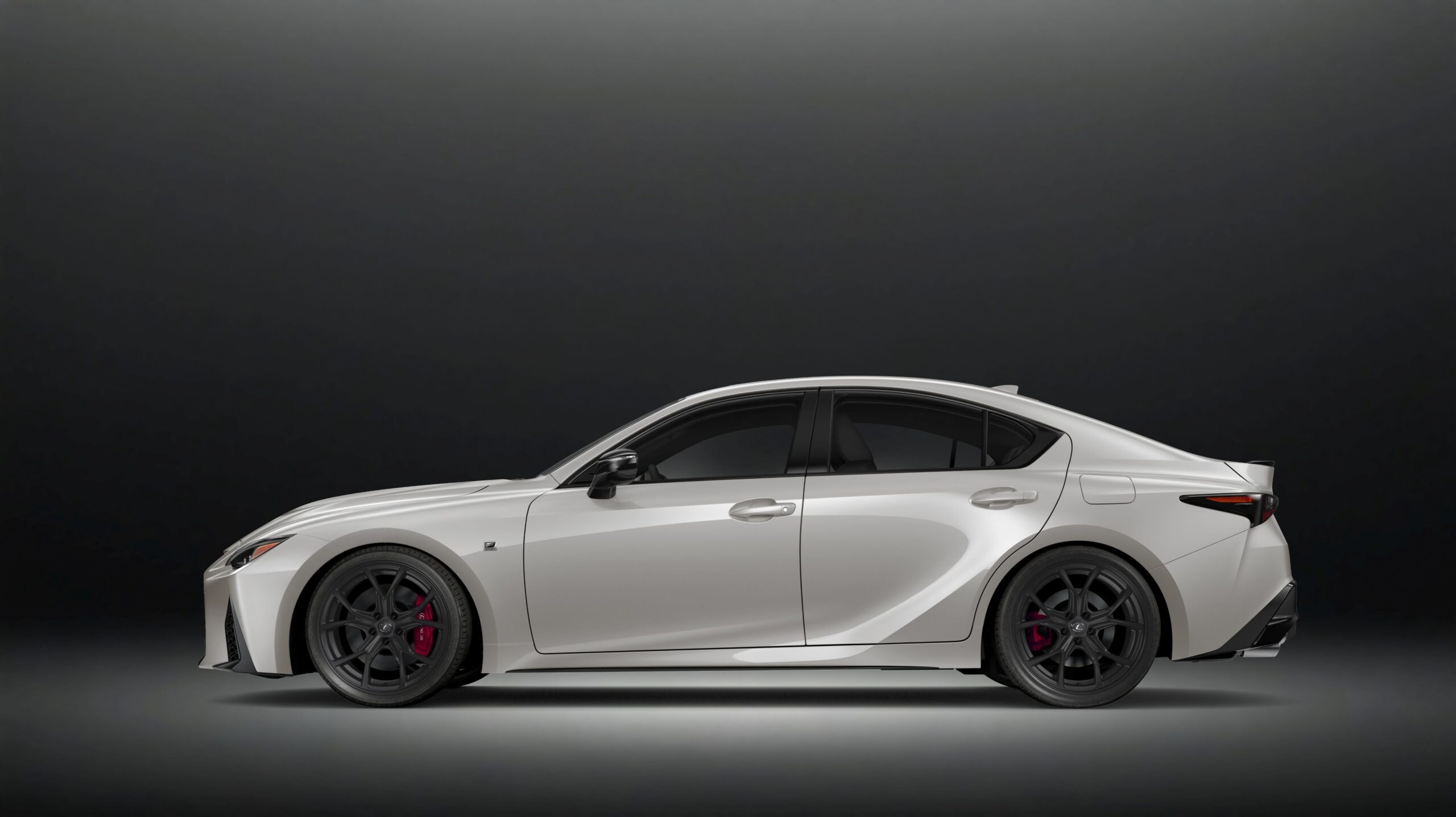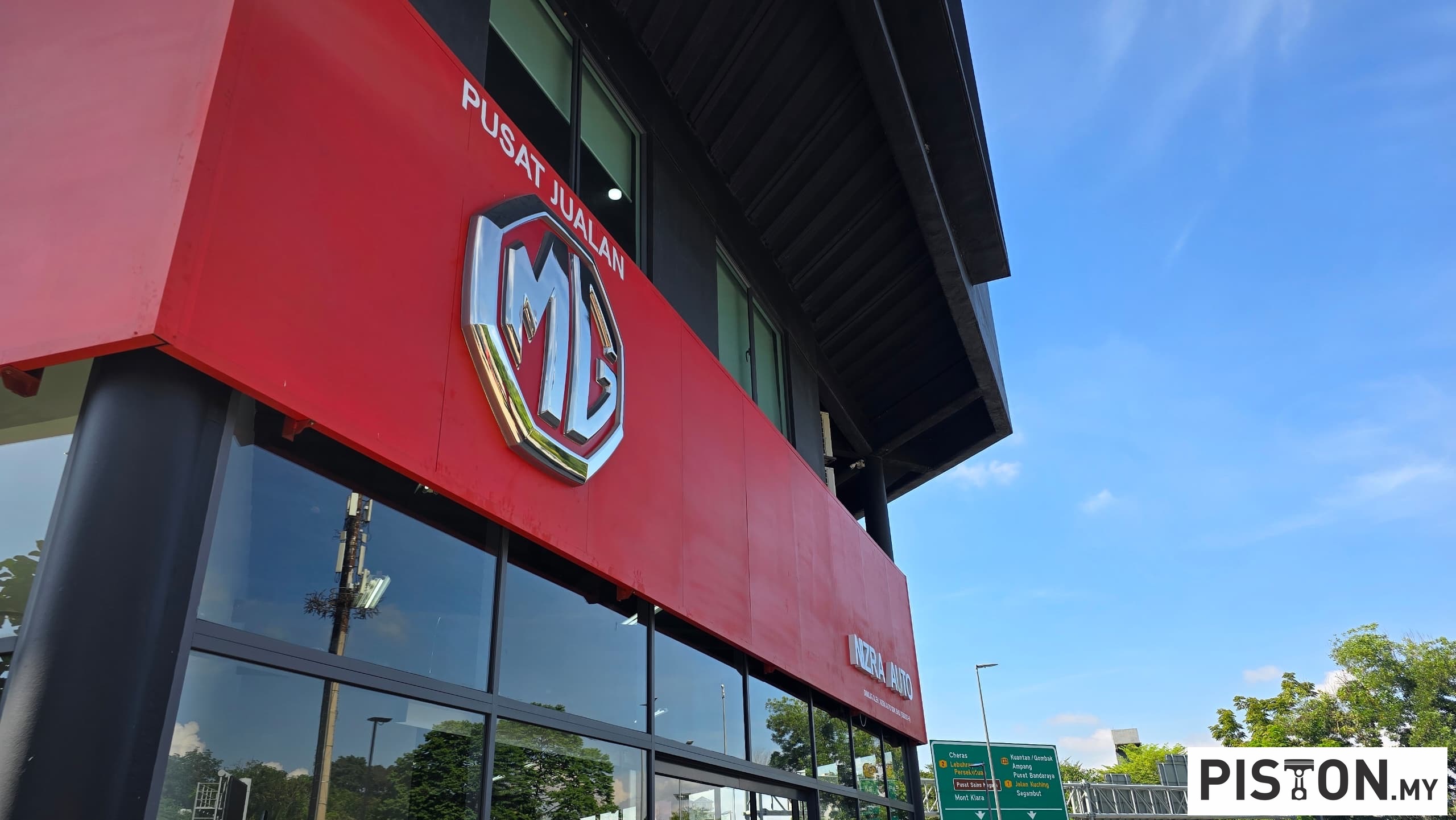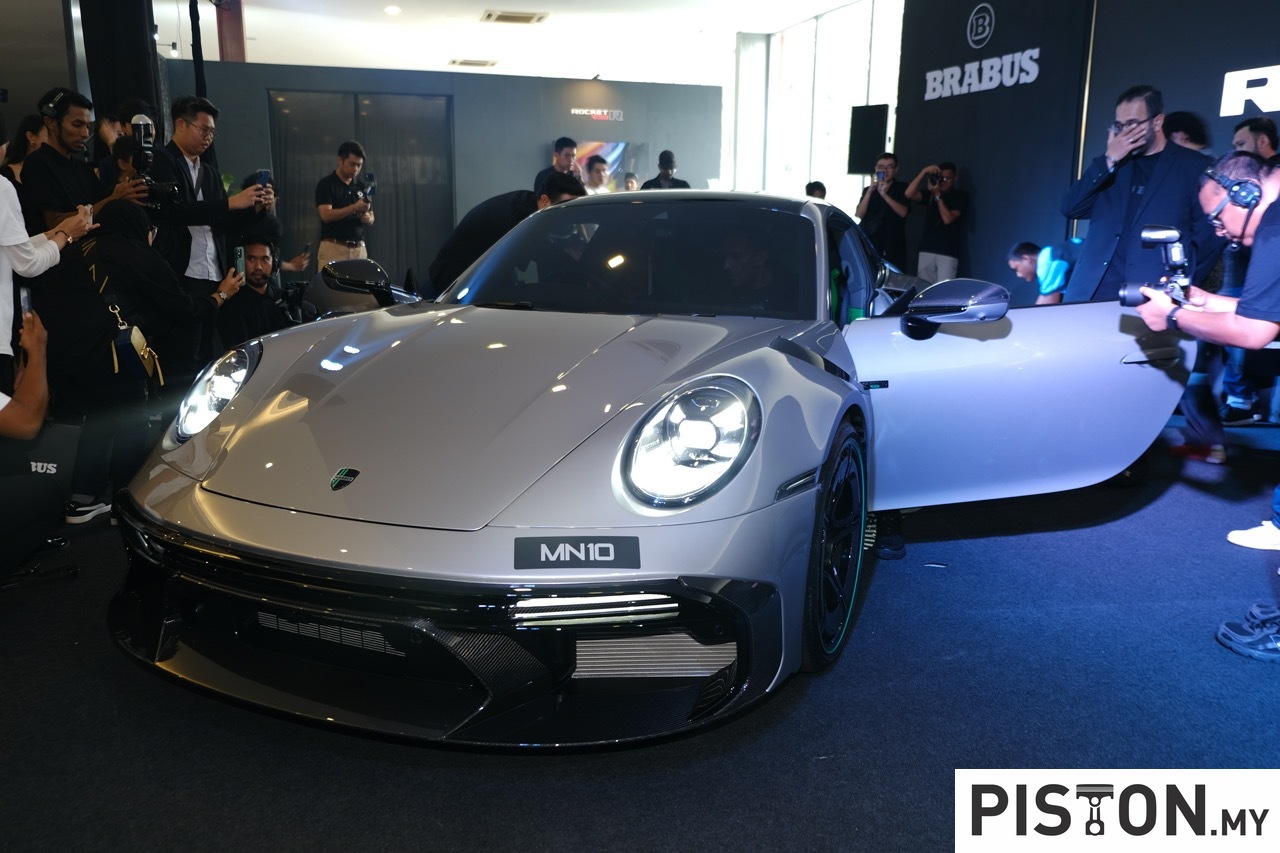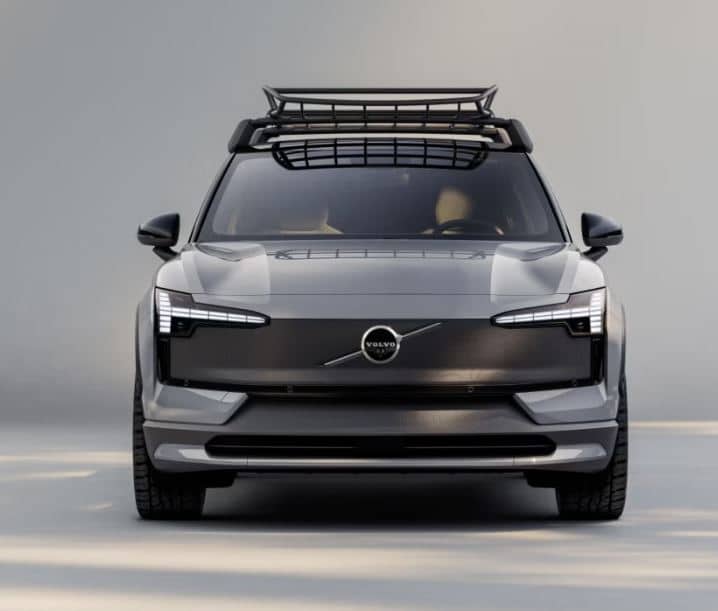BMW has announced its plans to launch its first-ever series production Fuel Cell Electric Vehicle (FCEV) in 2028, adding a new zero-emission powertrain option to its lineup. The company has teamed up with Toyota Motor Corporation, extending their collaboration to accelerate the development of next-generation hydrogen fuel cell technology. Both companies are committed to advancing the hydrogen economy by providing sustainable mobility solutions for the future.
Key Highlights:
- Partnership with Toyota:
- BMW and Toyota are pooling their resources and technological capabilities to create a new generation of fuel cell powertrains.
- This collaboration aims to develop FCEV systems for both commercial and passenger vehicles, providing customers with new hydrogen-powered options while maintaining the distinct brand identities of BMW and Toyota.
- BMW’s Hydrogen Strategy:
- BMW sees hydrogen fuel cells as complementary to other electric drive systems like Battery Electric Vehicles (BEVs) and Plug-in Hybrid Electric Vehicles (PHEVs).
- After the successful testing of the BMW iX5 Hydrogen pilot fleet, BMW is now moving towards series production in 2028, integrating hydrogen powertrains into existing models as an additional variant.
- Shared Vision:
- The goal is to advance hydrogen mobility and establish the infrastructure for hydrogen refueling, along with expanding the availability of low-carbon hydrogen production and distribution.
- BMW and Toyota are advocating for governmental and investor support to help facilitate the early adoption and economic viability of hydrogen-powered vehicles.
- Benefits of Hydrogen:
- Hydrogen is seen as an effective storage medium for renewable energy, helping balance supply and demand, and enabling the integration of renewables into the energy grid.
- It fills a gap where battery electric vehicles might not be the best solution, offering a promising future energy source for decarbonising global mobility.
This collaboration marks a significant step forward in the push for hydrogen-powered mobility, offering new options in the fight for zero-emission transportation while complementing existing battery electric solutions.



